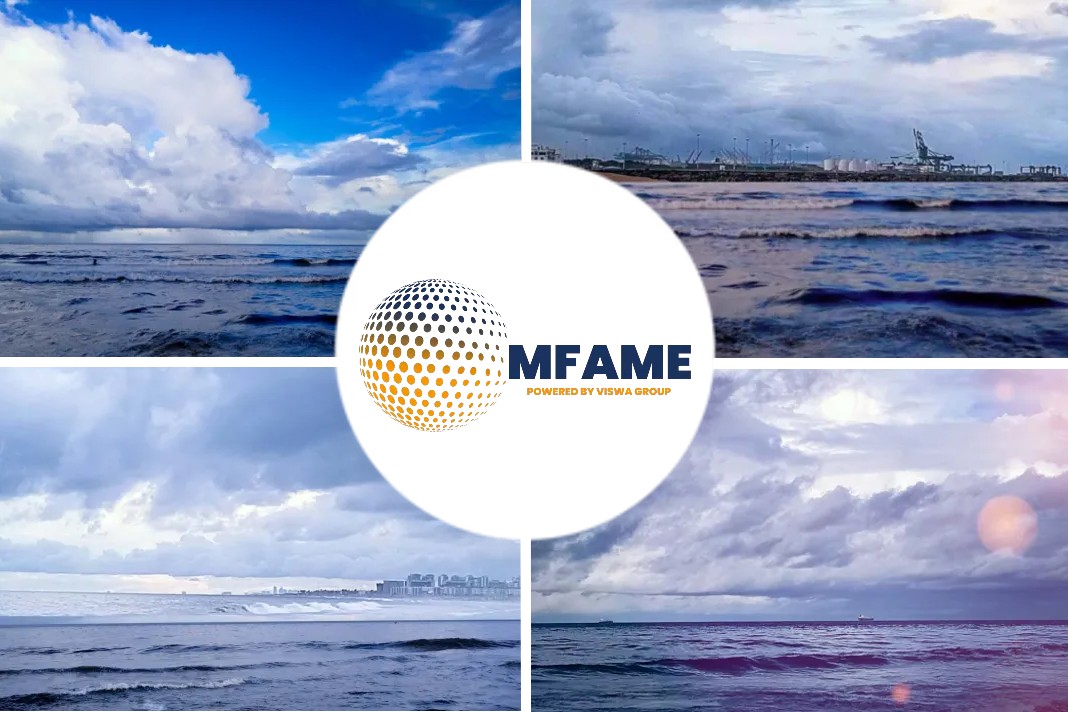DNV GL has announced the release of a class guideline for autonomous and remotely operated vessels, which will be trialled on autonomous cargo vessel Yara Birkeland, at SMM in Hamburg.
What it covers?
The new guideline covers navigation, vessel engineering, remote control centres and communications, with particular emphasis given to cyber-security and software testing.
It is aimed at helping owners seeking to implement new technologies with a process toward obtaining flag state alternative design requirements. For new technologies the guideline can also be used to obtain an approval in principle by suppliers.
Need for robust set of standards
“Increased automation, whether in the form of decision support, remote operation, or autonomy, has the potential to improve the safety, efficiency and environmental performance of shipping,” said DNV GL maritime chief executive Knut Ørbeck-Nilssen.
He added, “to reach this potential, the industry needs a robust set of standards that enables new systems to reach the market and ensure that these technologies are safely implemented.”
Autonomous guidelines to be tested
Yara Birkeland, the testbed vessel for the new guidelines, is an autonomous, zero-emissions short-sea cargo vessel currently under development by Yara and Kongsberg and designed by Marin Teknikk. The vessel’s autonomous capability is due to be tested in 2019.
Did you subscribe for our daily newsletter?
It’s Free! Click here to Subscribe!
Source: Marine Electronics & Communications

















